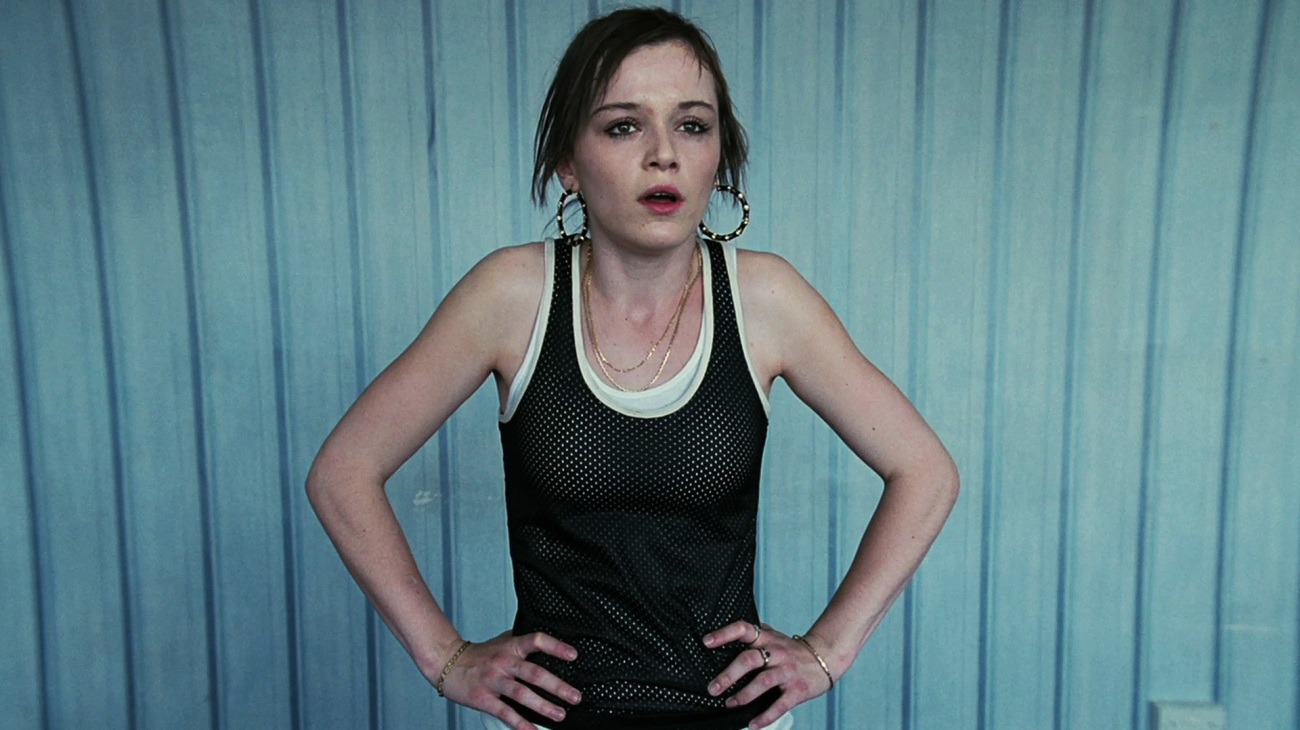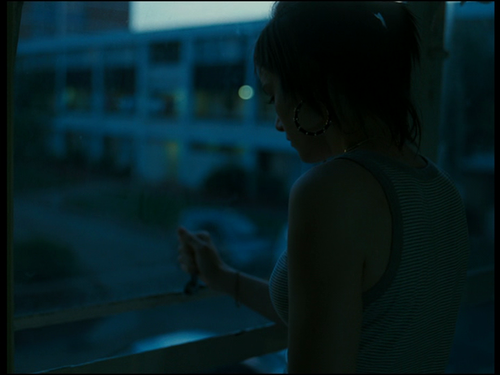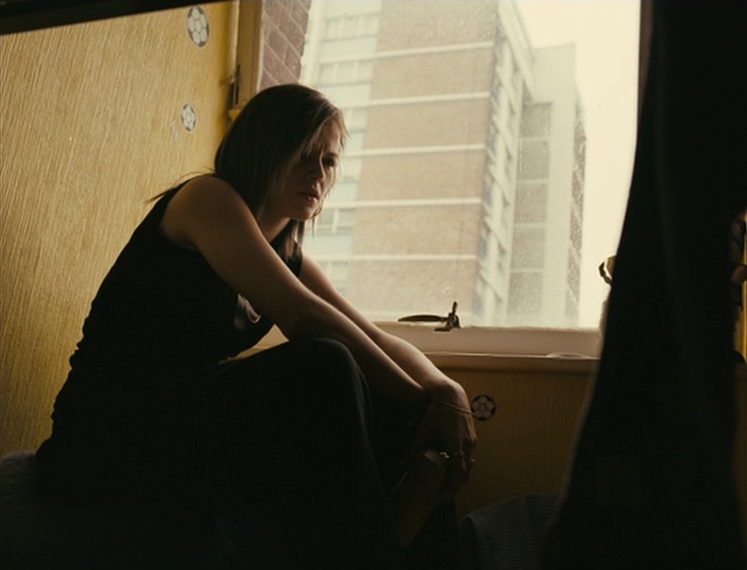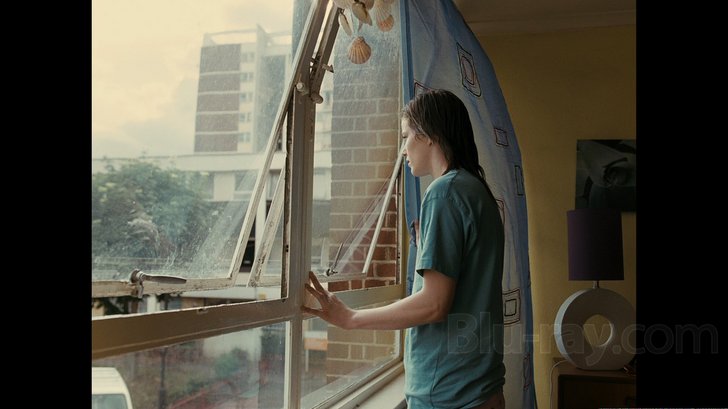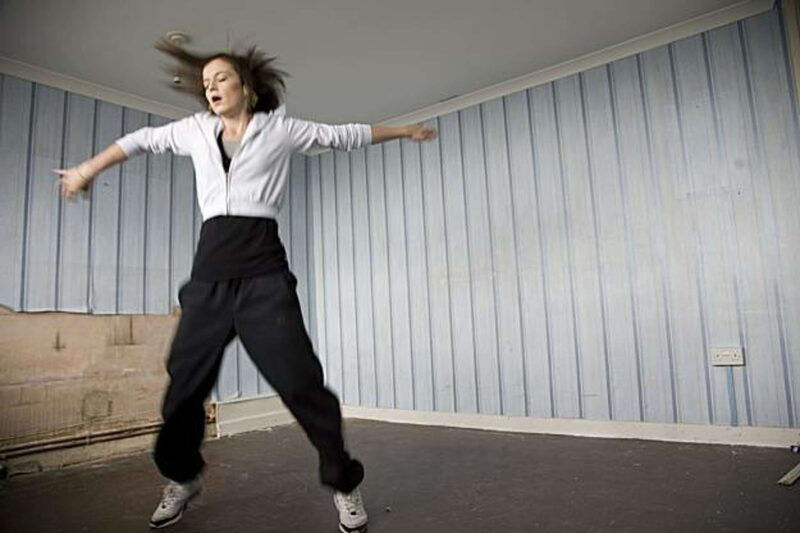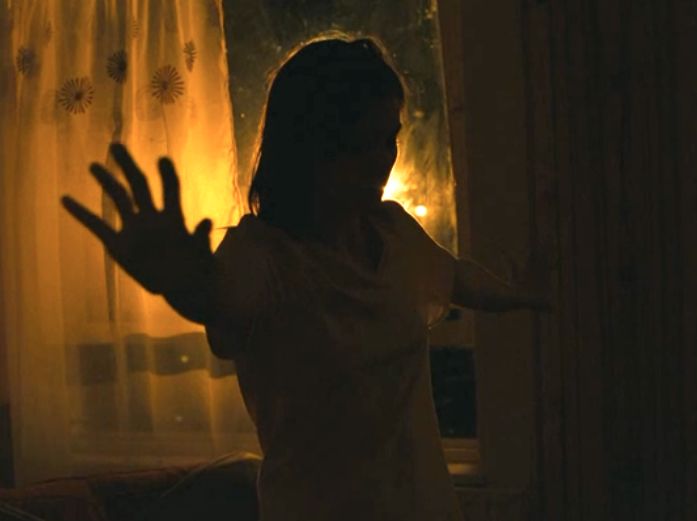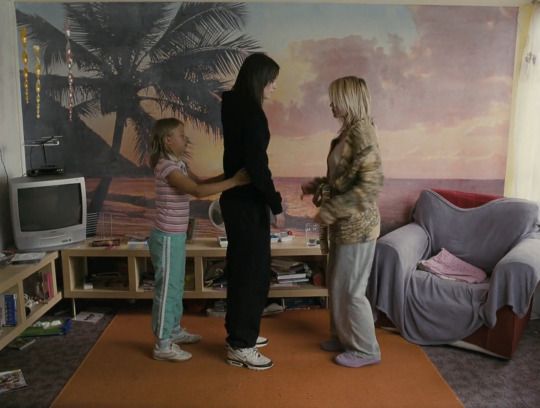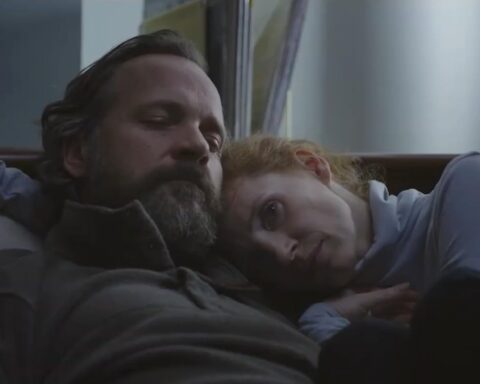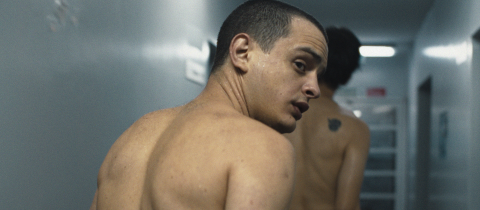A Stranger To Her Life, Gazing Through a Window
With her new film Bird making waves at festivals this year, it’s the perfect time to remember Andrea Arnold through her earlier films. The Guardian writer Peter Bradshaw summarized the plot of her latest film as follows: “It meditates on identity and belonging, the poignancy of not being valued, not being seen, the transition from childhood to adulthood, girlhood to womanhood, sexism and cruelty.” I can use the same exact words to describe the plot of Fish Tank, confident that each time she tells these stories, it’s in a way that is utterly unique.
The lives of troubled young women and children living in poverty in the British suburbs, often dreaming of the celebrities they watch on TV, are recurring themes in many of Andrea Arnold’s films. As the daughter of a teenage mother, who grew up in poverty in a British suburb herself, we can say that she reflects the traces of a childhood without family or affection in her films. Watching these lives can evoke the feeling of chipped nail polish. It was applied to beautify, but now, chipped and worn at the edges, it’s far from beautiful. Not entirely ugly either—more like something attempted but not fully achieved. Although the lives she portrays may be this way, Arnold’s films are marked by a sense of completion. In a short amount of time, she masterfully conveys her message, evident in the realistic dialogue of the suburban streets she creates, in the settings she brings to life, and in the characters she builds through the details her camera focuses on. There is no forced effort—like watching the dance of someone who is naturally gifted- there is an ease, a flow to her work that makes the effort behind it disappear. You don’t need to wait long for the good part; if it grabs you in the first five minutes, it will grab you for the rest of the film, and you can sit back and enjoy it. Her films aren’t the kind that burden you with long, pivotal dialogues, where you decipher codes or read subtext. Yet, they are far from being bland or shallow.
The world of Fish Tank pulls you in from the very beginning. The film opens with the sound of someone out of breath. A young woman, with her hands on her knees, panting in front of a sky-blue wall. She straightens up, her black eyeliner-heavy eyes staring off into the distance. What is going through her mind at that moment? This is where we meet Mia. She will return here—her sacred sanctuary—and to the window she will soon stand before, over and over again.
The film captures a turning point in the life of Mia Williams, a 15-year-old girl born into, but never fully belonging to, the world around her. It might be the kind of time that, when looked back on by an adult woman, she recalls as the summer her life changed, or even the summer she grew up. The repeated window scenes throughout the film evoke a sense of alienation, similar to that in Camus’ The Stranger (Living on the edge of life, watching its passage, feeling like a stranger even to myself. My choices, my future, all felt like they belonged to someone else, not me). Whether it’s the neighborhood she watches from the window, her childhood friend dancing on the basketball court, her young mother who, lost in her own life, shows no trace of love or care, or the semi-naked, sexy women at the dance audition she attends with high hopes—this sense of not belonging, of alienation, is ever-present. It’s like witnessing the moment when a woman sees a dried bloodstain on her clothes and tries to recall when the wound happened. Then she lifts her head and gazes at a lace curtain billowing in the wind. Her eyes reflect memories of good times, transporting us to the back seat of a car, California Dreamin’ playing, her hair blowing in the breeze. As Mia closes her eyes, her face blurs. We recall moments when the lines of reality were blurred by the forgotten beauty of existence. In other scenes where the image blurs, Mia is usually dancing.
In Mia’s home, instead of the standard family dinner table, there is a dirty kitchen with an empty fridge, meals eaten on the go or on the living room couch—junk food, if any. Despite her young age, she secretly consumes alcohol. The TV is always on, playing stupid game shows or music videos of rich rappers on yachts, while Mia is pushed and shoved by her mother. As we get to know Mia, we see how stubborn she is. Her tenacity, born from always having to fight life’s battles alone, drives her to pursue something relentlessly once she sets her mind to it. She is so obsessed with freeing an old, decrepit horse from its chains that even after narrowly escaping sexual assault one time, she still goes back the next day. The love and approval Mia doesn’t receive from her mother, she seeks in her mother’s boyfriend. Although her feelings for him are more than just sexual desire, this relationship will only lead to disappointment. The slap she receives after the foolishness born of her resentment toward his married, family-filled life won’t bring her to tears. The only time we see Mia cry is when she learns that the old horse she had identified with and tried to free so many times has died. Coincidentally, the horse was 16 years old, and perhaps it was time for it to die, just like Mia would have to kill off her childhood as she left age 15 behind. Was it the horse she was mourning while crying, or her own childhood filled with disappointments and lovelessness? We don’t know. Maybe both. Maybe Mia doesn’t know either.
Her mother, unable to form a maternal bond with her children, either because she became a mother too young or due to her own shattered dreams, or for reasons unknown, hurts Mia by telling her that she never wanted her and had considered having an abortion. Mia, too, has alienated herself from everything, not out of rebellion, but because she is unloved, unaccepted, and doesn’t belong in the life she was born into. Still, on the day she leaves home with dreams of a new life, it’s as if she hopes for a word of love or a hug from her mother. When she realizes she won’t get it, the final dance she shares with her mother and sister in the living room has a haunting sadness, like a farewell to her childhood. Mia had stopped rebelling and had accepted everything as it was. She was now a woman, celebrating the first day of her adulthood with that final dance, where she accepted and loved her mother as she was. Mourning and celebration intertwined. With the music always playing, all we can do is surrender to it and dance. That’s the only way to become part of a life we are strangers to.

